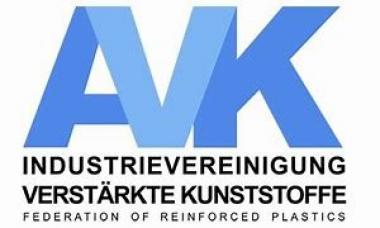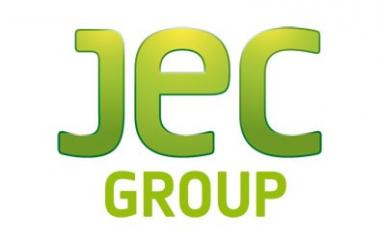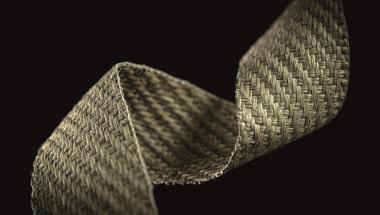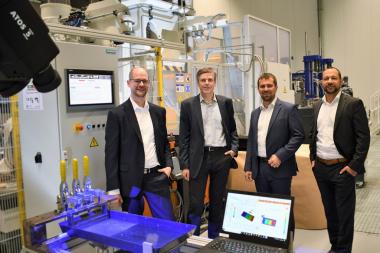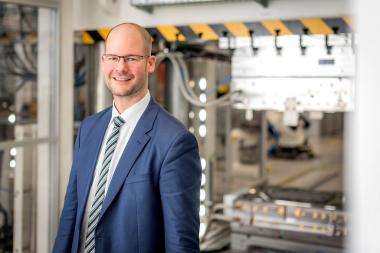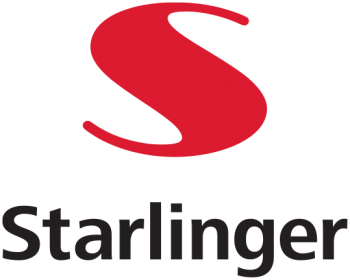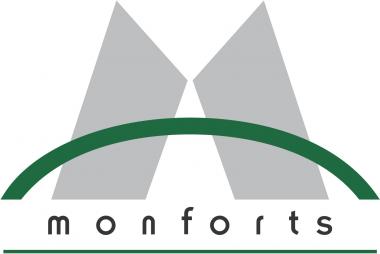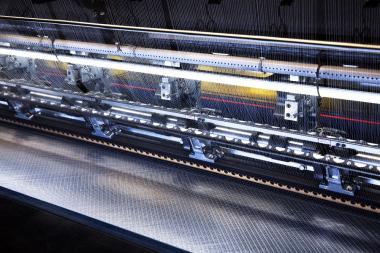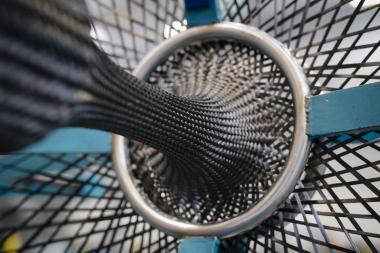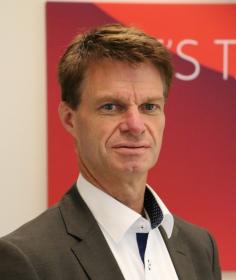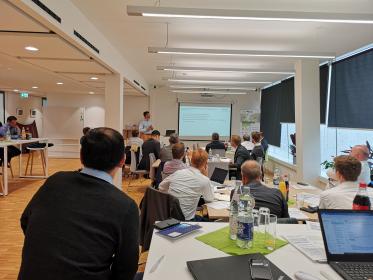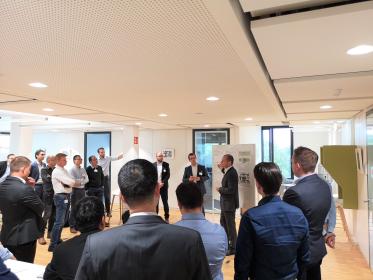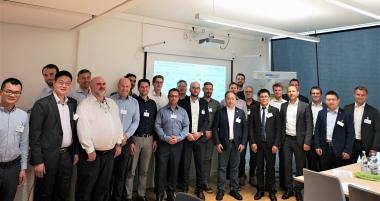JEC FORUM DACH
- JEC GROUP and AVK to launch new Composites Event for the D-A-CH Region
JEC Group and AVK, the Federation of Reinforced Plastics e.V. in Germany have joined forces to organize an annual event for the D-A-CH Region, dedicated to all forms of Composites and their applications. The first edition of the JEC Forum DACH, unique in its format and content, will take place in Frankfurt am Main, Germany at Messe Forum, from November 23 to 24, 2021. The event will take place at a different location each year to highlight the dynamics and the variety of the composites industry in the DACH region.
JEC Group is launching the JEC Forum DACH in partnership with AVK. Unique in its format, the event will be rotating to different cities in Germany, Switzerland and Austria every year. This first edition will take place in Frankfurt am Main, Germany, from November 23 to 24, 2021.
JEC Forum DACH will include pre-arranged business meetings between sponsors and attendees as well as sponsors workshops. The event will present exclusive content such as an extensive composites conferences program, the annual AVK market overview — also available via live-streaming technology for remote participants — and, last but not least, the prestigious AVK-JEC Innovation Awards.
The JEC Startup Booster competition will also be introduced in the D-A-CH region for the first time. JEC Forum DACH will also provide a Composites Tour to enable participants to visit key players of the local composites ecosystem on November 25.
This event's primary aim is to support the bustling composites industry in this region and resume business after a challenging, yet complex period of time. The event´s agile format will focus on a different application sector, industry as well as other regional composites-related specifities every year. The final goal is to develop business, to connect and reach out to the local industrial apparatus and its major players such as universities, research and development centers and companies of all sizes in a boosting business and innovation spirit.
AVK - Industrievereinigung Verstärkte Kunststoffe e. V.






